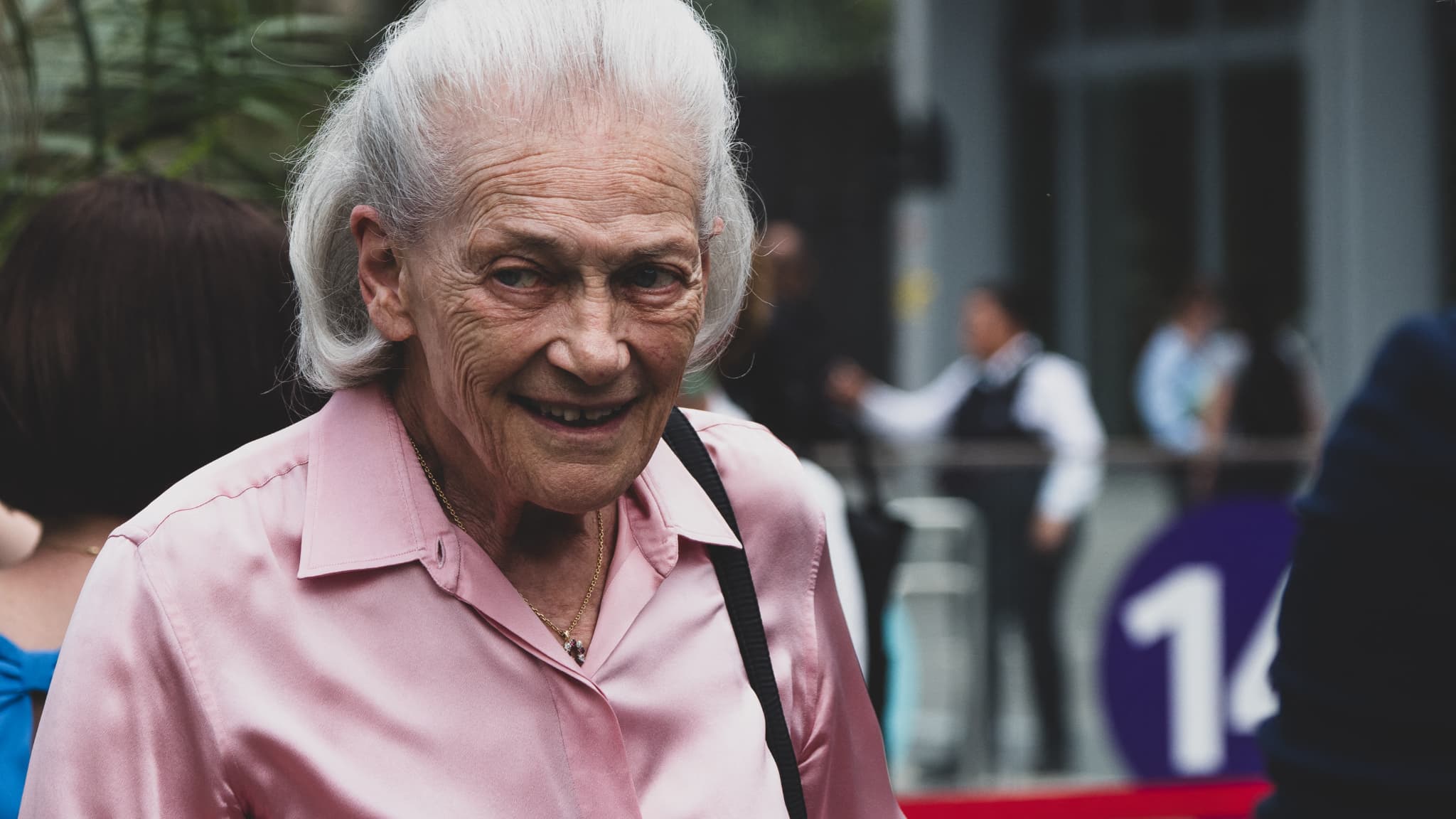The political chaos of its final days should not disrupt the event. Robert Badinter, the architect of the abolition of the death penalty, will enter the Pantheon this Thursday, October 9, twenty months after his death, during a solemn ceremony desired by Emmanuel Macron, who made universalism the guiding thread of access to the great republican temple.
The President of the Republic, who has remained silent since the announcement of a new government on Sunday afternoon and then the surprise resignation of Prime Minister Sébastien Lecornu 14 hours later, has not yet planned to speak during this day of tribute.
At the end of the day this Thursday, October 9, Emmanuel Macron will preside over Robert Badinter’s entrance ceremony into the Pantheon, which prevents him, from a practical point of view, from speaking to the French during a possible speech in the evening. On the other hand, if the Head of State decides to appoint a Prime Minister or reappoint Sébastien Lecornu to this role, he may do so by means of a press release on the same day.
The program for a “sober” pantheonization
The celebrations relating to the pantheonization of Robert Badinter began this Wednesday afternoon (at 7 p.m.) with a funeral vigil at the Constitutional Council; a vigil open to the public, who will thus be able to pay their respects before the coffin that bears the name of who, among the many commitments of his life, presided over the jurisdiction from 1986 to 1995.
At 5 pm On Thursday, the empty coffin must be transported to the Pantheon for a “sober” and “solemn” ceremony of approximately one hour starting at 7 pm
In the presence of an audience that the Elysée expects to be large thanks to an “adapted scenography”, the ceremony will follow the “traditional setting”: climbing to Rue Soufflot, reception of the coffin under the nave of the Pantheon by the President of the Republic, who will deliver a “brief and impressive” speech, then installation in the vault “of the revolutionaries of 1789”, where Condorcet, Abbot Grégoire and Gaspard Monge since the bicentennial of the Revolution.
The ceremony will highlight Robert Badinter’s fight for justice, “who embodies what the rule of law is,” according to the presidency.
And, above all, the abolition of the death penalty, “a great civilizational leap in the history of justice in our country,” considered an advisor to Emmanuel Macron.
Among the main courses, Julien Clerc will perform his song “The Murdered Assassin”, dedicated in 1980 to the fight for the abolition of the supreme penalty.
The fifth pantheonism under Emmanuel Macron
Texts will also be read, including the arguments of the lawyer who saved several prisoners from the guillotine. But also the speeches of the politician who, appointed Minister of Justice by François Mitterrand, asked from the tribune of the National Assembly on September 17, 1981 and obtained “the abolition of the death penalty in France”, in accordance with a commitment by the socialist president, contrary to the opinion of the time.
The actor Guillaume Gallienne will read a text by Victor Hugo, a pioneer in this same fight. This text, like others, was chosen by the lawyer’s widow. The philosopher Elisabeth Badinter participated closely in the preparations, also on Monday with the Head of State during a discreet visit to the funerary monument that bears on its pediment the motto “To the great men, the grateful country.”
This is the fifth pantheonization under the mandates of Emmanuel Macron, after Simone Veil, survivor of Auschwitz and author of the law on the voluntary interruption of pregnancy, the writer who chronicled the horror of the trenches of the First World War Maurice Genevoix, the music hall star, French-American resister and anti-racist activist Joséphine Baker, and the fighter of the communist resistance of Armenian origin Missak Manouchian.
Historian and resistance fighter Marc Bloch will enter the Pantheon in mid-June 2026, 82 years after his execution by the Gestapo in 1944.
For the presidential advisor, the common thread of these elections, which fall solely on the head of state, is his desire to “build a unifying republican memory that is the cornerstone of the French imagination.” And this memory is built around the idea of “republican universalism,” explains historian and specialist in memory issues Denis Peschanski. “This is the France of the Enlightenment, which Robert Badinter embodied through his abolitionist struggle but also with his fierce defense of victims and his fight for rights.”
The universalism “found in Joséphine Baker, who could not accept what was happening in the United States and became French”, or in the “defense of women’s rights” in Simone Veil, adds the historian. Or in Missak Manouchian and “all these foreign resistance fighters who showed a very strong link with the France of the Enlightenment, homeland of human rights.”
Source: BFM TV



